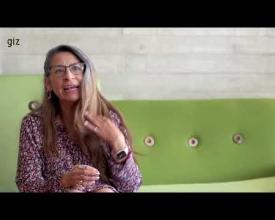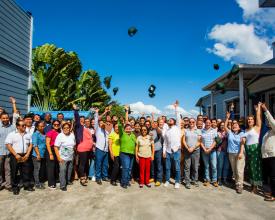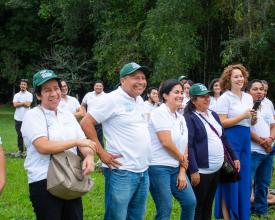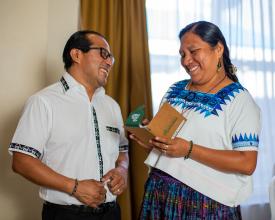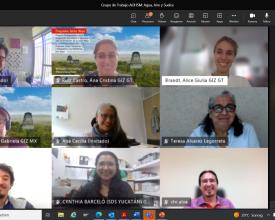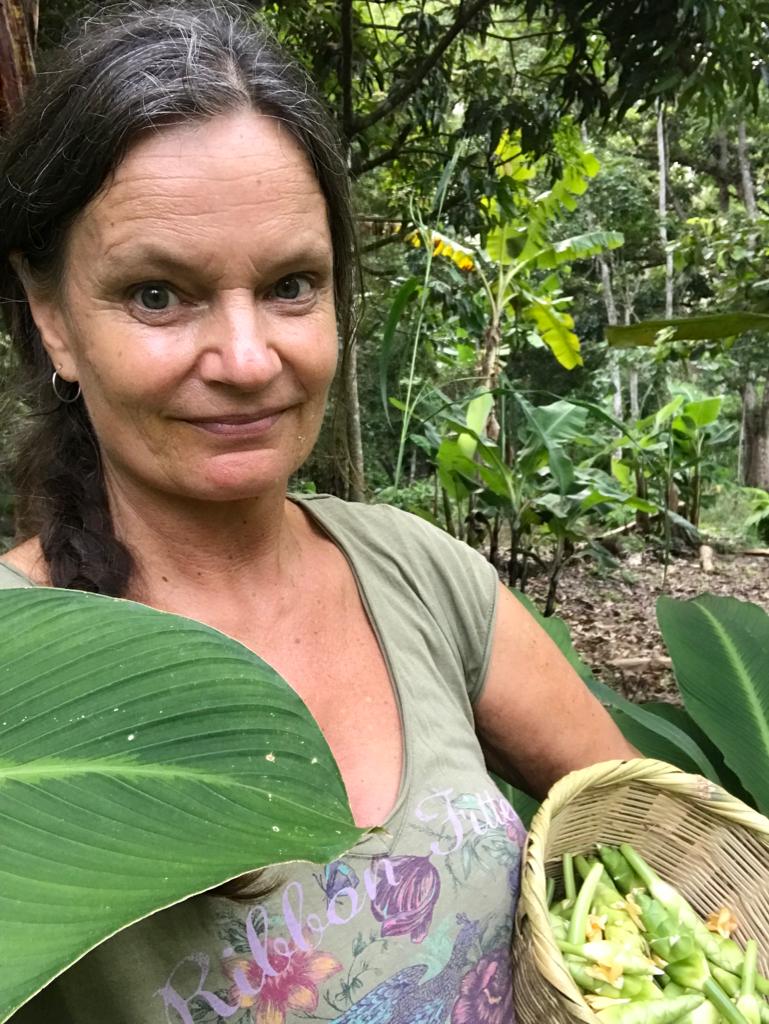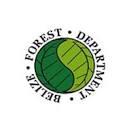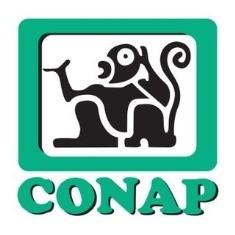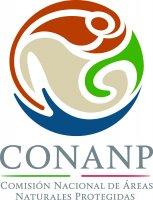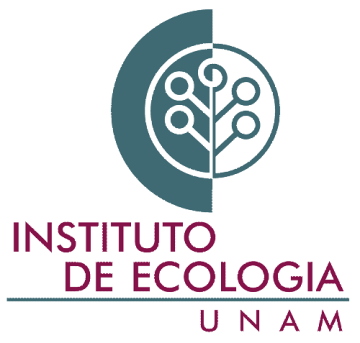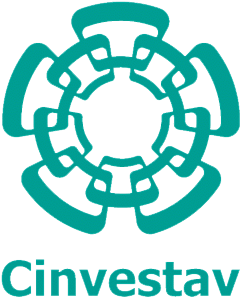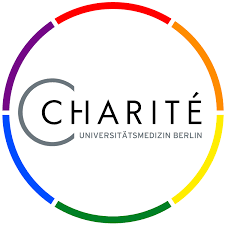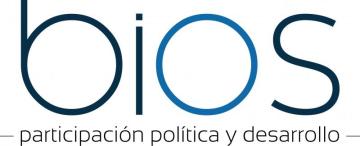
Alianza One Health Selva Maya (AOHSM)
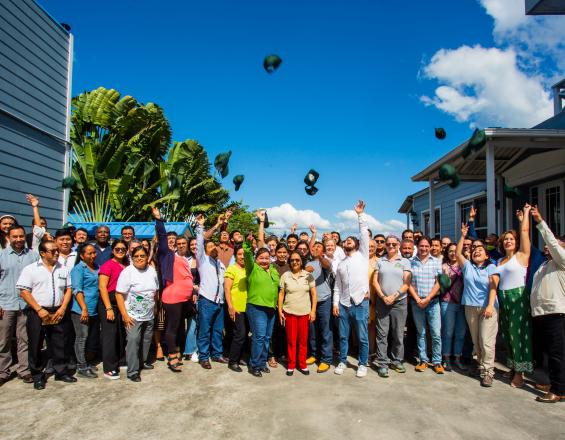
The Selva Maya is Centralamerica's largest rainforest and is home to over 20 ecosystems, thus a biodiversity hotspot. At the same time, the natural resources are highly endangered by anthropegenic threats such as deforestation, forest fires, fragmentation of habitats for agriculture and cattle, tourism. The tropical climate favours vector-borne diseases such as dengue, malaria and yellow fever. Due to unregulated trafic, commerce and consumption of wildlife and wildlife products humans and their pets get into ever closer contact with the fauna, all of which increases the risks of zoonotic spillovers. Hence, the GIZ Selva Maya programme coordinated a process of co-creation with all relevant stakeholders from the three countries from politics, academia, civil society, NGOs to forge an alliance to reduce the risks of zoonosis and improve the overall wellbeing of the flora and fauna of the Selva Maya. Through a series of meetings the stakeholders launched the Alianza One Health Selva Maya (AOHSM).
Contexte
Challenges addressed
The Selva Maya ecosystem services of water storage and supply in the region and its function as a carbon sink are threatened by unsustainable land-use, population growth and migration, illegal logging and trade in flora and fauna, oil extraction and ecosystem fragmentation. Furthermore, the degradation of ecosystems reduces their ability to adapt to the adverse effects of climate change. Ecosystem fragmentation is causing more frequent contact between humans and their animals with wildlife in the Selva Maya. These encounters create risks of disease transmission and can potentially lead to pandemics. Numerous zoonotic agents, of viral and bacterial origin, have already been identified, which can cause, for example, respiratory diseases. At the moment, governance structures with good opportunities for cooperation already exist in the region, but there is a lack of willingness for joint action in the event of another pandemic.
Emplacement
Traiter
Summary of the process
The grant recipients are technical and academic experts in One Health and related topics. The have been identified as the Selva Maya One Health "champions" and therefore as primary stakeholders in the Alianza One Health Selva Maya. As they already believe in the success of the One Health approach, and have excellent networks both at policy level and community level, they are key in the process of co-creating the MSP and convincing new members.
Building Blocks
Multi-Stakeholder Partnership (MSP)
In multi-stakeholder partnerships (MSPs), stakeholders from the state, the private sector, civil society and academia plan, coordinate and implement joint activities to tackle the challenges of sustainable development. They use an agreed steering structure that enables them to function strategically and operationally. Smoothly functioning decision-making mechanisms are, among other things, crucial to cooperate across organisation. Yet, depending on the complexity of the issues involved, decision-making can be a challenging process. The AOHSM is based on the principle of collegial leadership, i.e. non-hierarchical and self-organised cooperation, proceeding on the basis of solution focussed action. The exchange amongst the AOHSM working groups is facilitated by rotating moderators. Currently, a governance structure for the AOHSM is being developed taking into consideration the opinions, ideas and experiences of key members of all working groups.
Enabling factors
Cooperation, open communication, a clear understanding of the joint objectives, formally signed expressions of interest, official declarations of membership by institutions' authorities, voluntary dedication of time and efforts to the groups. Creative and participatory capacity building on the tool MSP and the One Health approach helped to convice and motivate the members.
Lesson learned
The One Health approach requires constant and continuous explication using evidence and concrete examples on how it can be a solution to the region's environmental problems. Creative introduction to the topic as well as the identification of One Health champions in the three countries, and giving them international visibility at seminars and webinars, is useful to make the abstract approach implementable.
Multiple Grant Agreements
11 grant agreements have been given to NGO and academic institutions in the three countries of the Selva Maya to implement research and pilot projects on One Health. The call for applications was launched early 2021 and based on an assessment grid the grant recipients were selected. Criteria included innovation, replicability, and interdisciplinarity. The grantees currently implementing their projects include WCS, ARCAS, BWRC, the Universidad del Valle Guatemala, CINVESTAV, BIOS A.C., etc. The 11 recipients are automatically AOHSM members and share their project results on the website. Through their AOHSM membership they have connected and created synergies with other grant recipient projects for upscaling and replicating.
Enabling factors
Enhanced visibility of research endeavours and work on the ground through AOHSM events translating project results from science to the policy level. Grant agreements are designed in a way that gives the recipient maximum flexibility in the implementation.
Lesson learned
Constant communication between and with the grant recipients is necessary to ensure synergies and avoid duplications. Conditions on the ground such as heavy tropical rains can lead to delays that make contract addenda necessary.
It is also important to highlight the benefits for the grant recipients of being members of the Alianza and publishing their results on the website. Support needs to be offered where possible, since all grantees are confronted with a high workload.
Impacts
With its multidisciplinary approach, the Alianza provides a place for regional and cross-sectoral dialogue that facilitates synergies, knowledge transfer, integration of experience, sharing of evidence, awareness-raising, support for pilot projects and dissemination of lessons learned. It has catalysed joint action by stakeholders from various fields, including biological, biomedical and health sciences, ecology, human and veterinary medicine, as well as development cooperation and social sciences, as well as various forms of knowledge. In addition, the Alianza supports the translation of science and knowledge into recommendations for policy decision-making and the improvement of epidemiological surveillance, while noting the importance of prevention. The AOHSM integrated traditional forms of knowledge and science-based approaches to arrive at inclusive and evidence-based recommendations, and seeks to advance joint/individual actions around them. Members work actively in thematic working groups: a) Research and Academia, b) Monitoring and Surveillance, c) Vector and zoonotic diseases, d) Water, Air and Soils, c) Traditional and Local Knowledge. Provided with small budgets, the working groups will execute in 2023 their first joint activities on the ground.
Beneficiaries
The beneficiaries are the flora, fauna and human inhabitants of the Selva Maya region. Members of the AOHSM are beneficiaries in the sense that their organisations, work and research receive higher visibility, networking and funding opportunities.
Sustainable Development Goals
Story
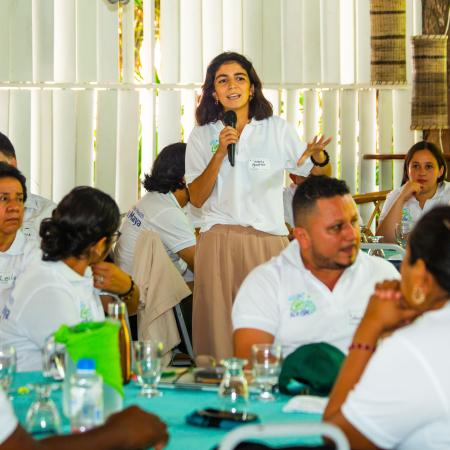
At the annual operation planning meeting in Mexico in March 2022 the One Health approached was presented to selected stakeholders from various fields, including biological, biomedical and health sciences, ecology, human and veterinary medicine, as well as development cooperation and social sciences from the Selva Maya region. Throught four days, participants recevied capacity building in Multi-Stakeholder Platform (MSP) development and One Health project implementation with a strong focus on environmental health and conservation. Stakeholders were invited to propose names, objetictives, and working group topics of interest to form a regional MSP to improve the wellbeing of the Selva Maya. Votes were casted and the name Alianza One Health Selva Maya (AOHSM) was democratically voted for. In August, the AOHSM launched the pilot version of its virtual dialogue platform and website. Throughout the timeframe of 5 months the website received feedback on the user experience for improvements. In November 2022 the members of the AOHSM met for the first official face-to-face meeting that led to countless sinergies and strengthened a regional One Health identity. Interdisciplinary and multisectoral working groups were formed and started to work on action plans for 2023.
